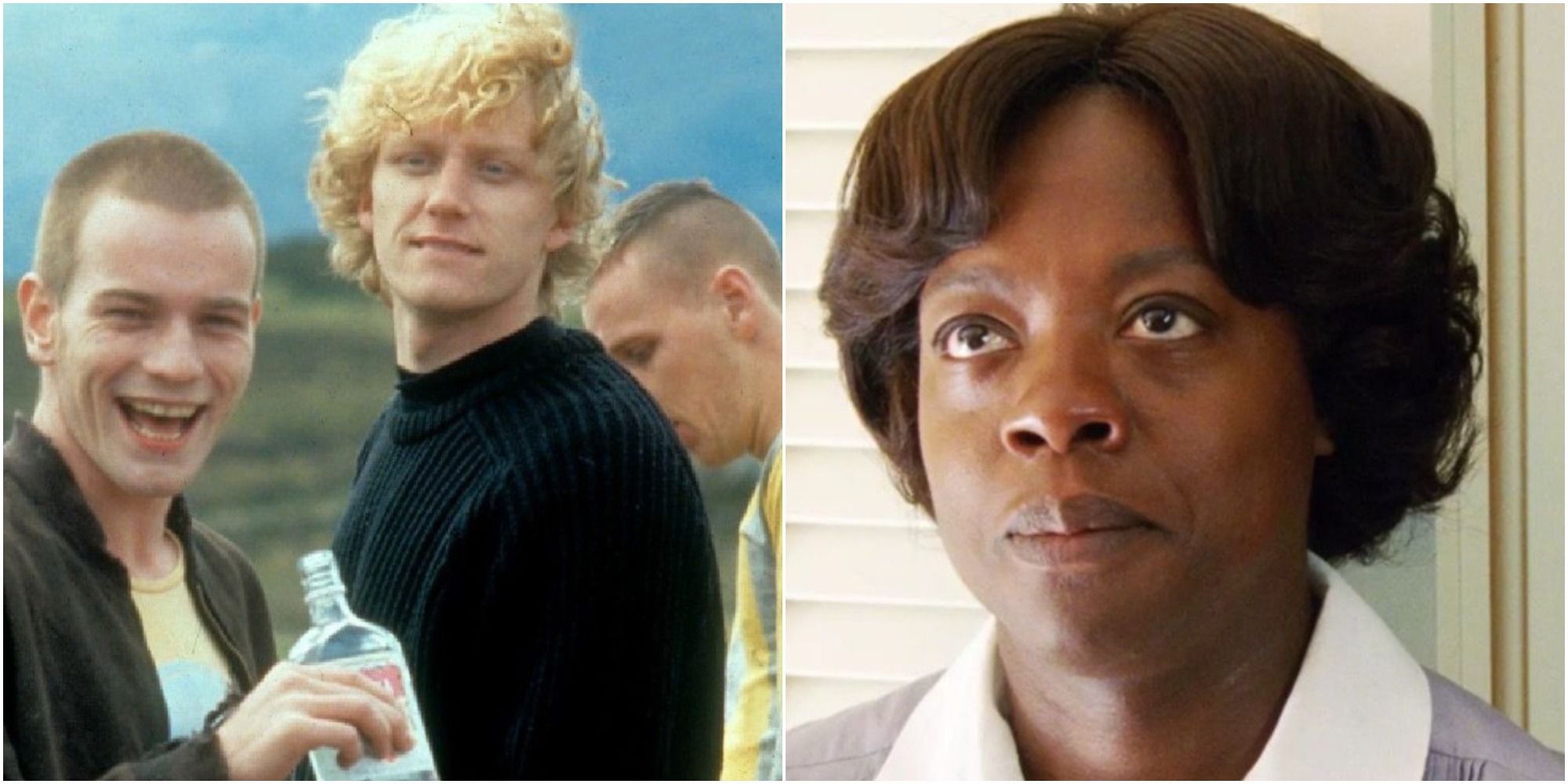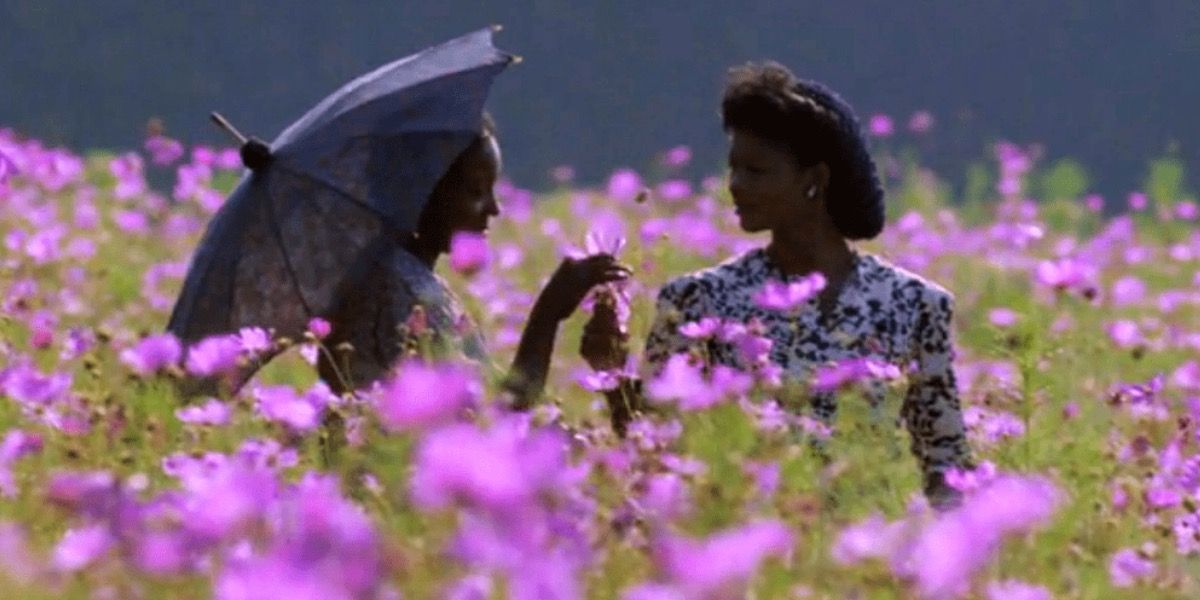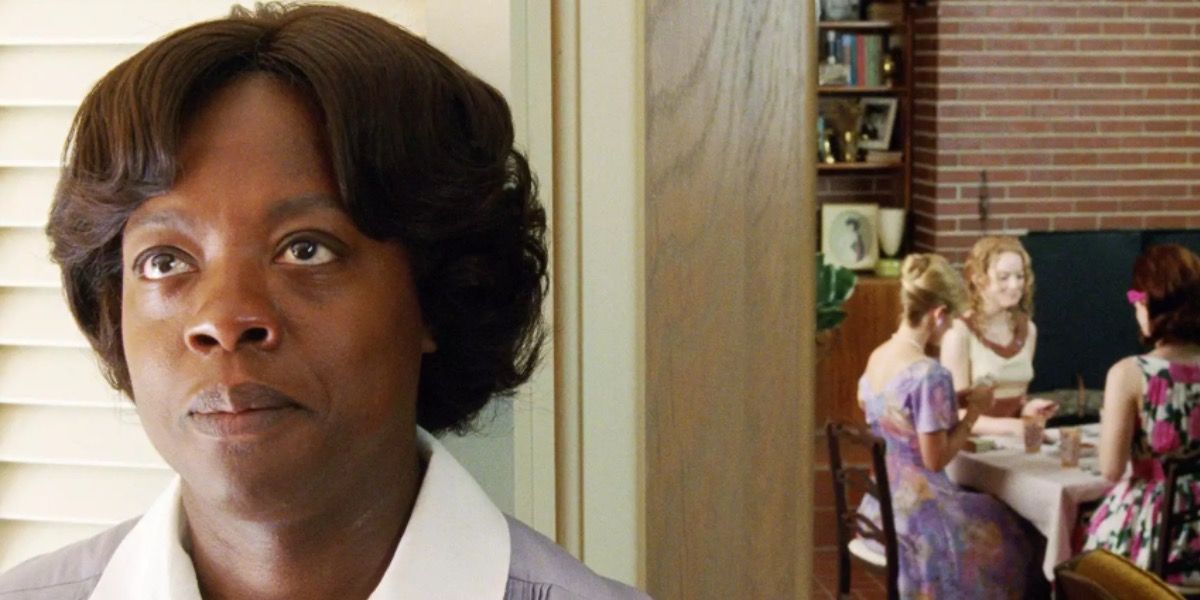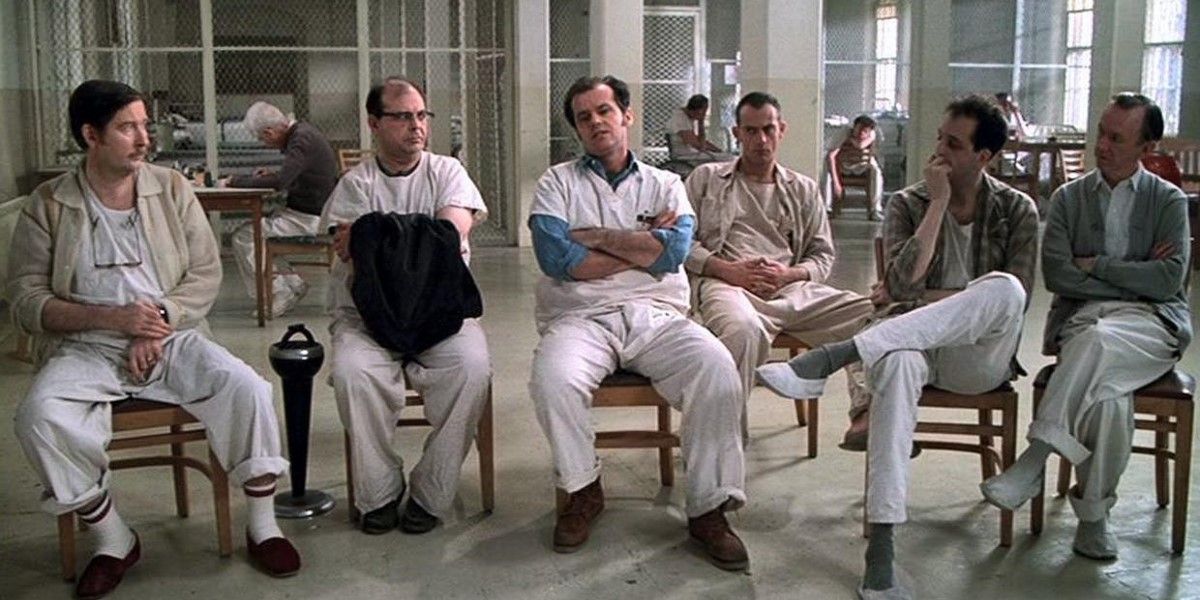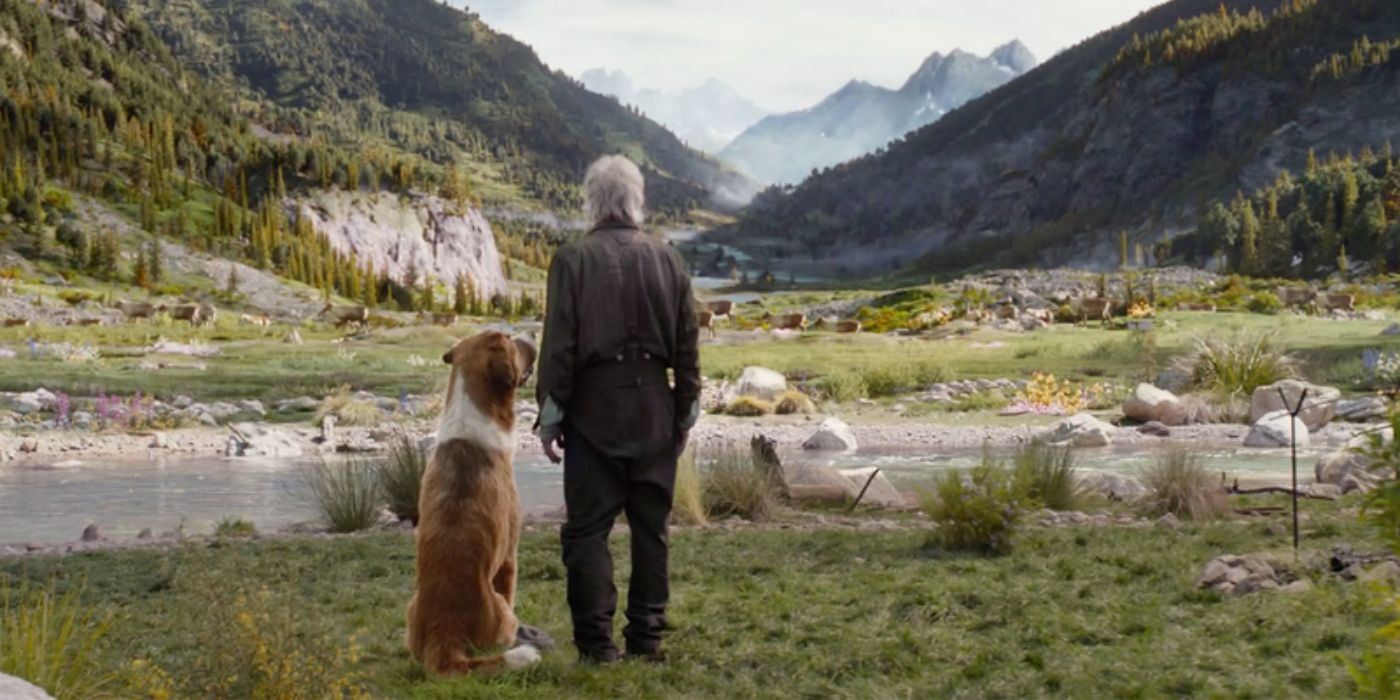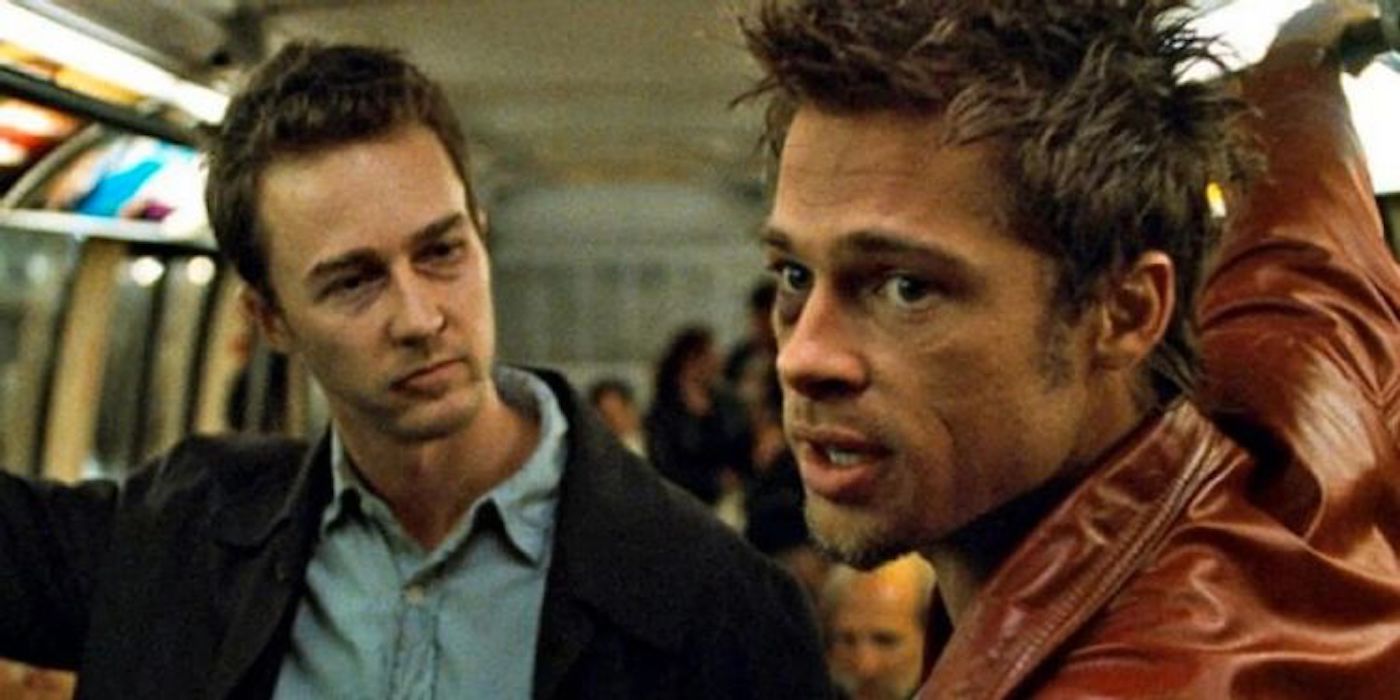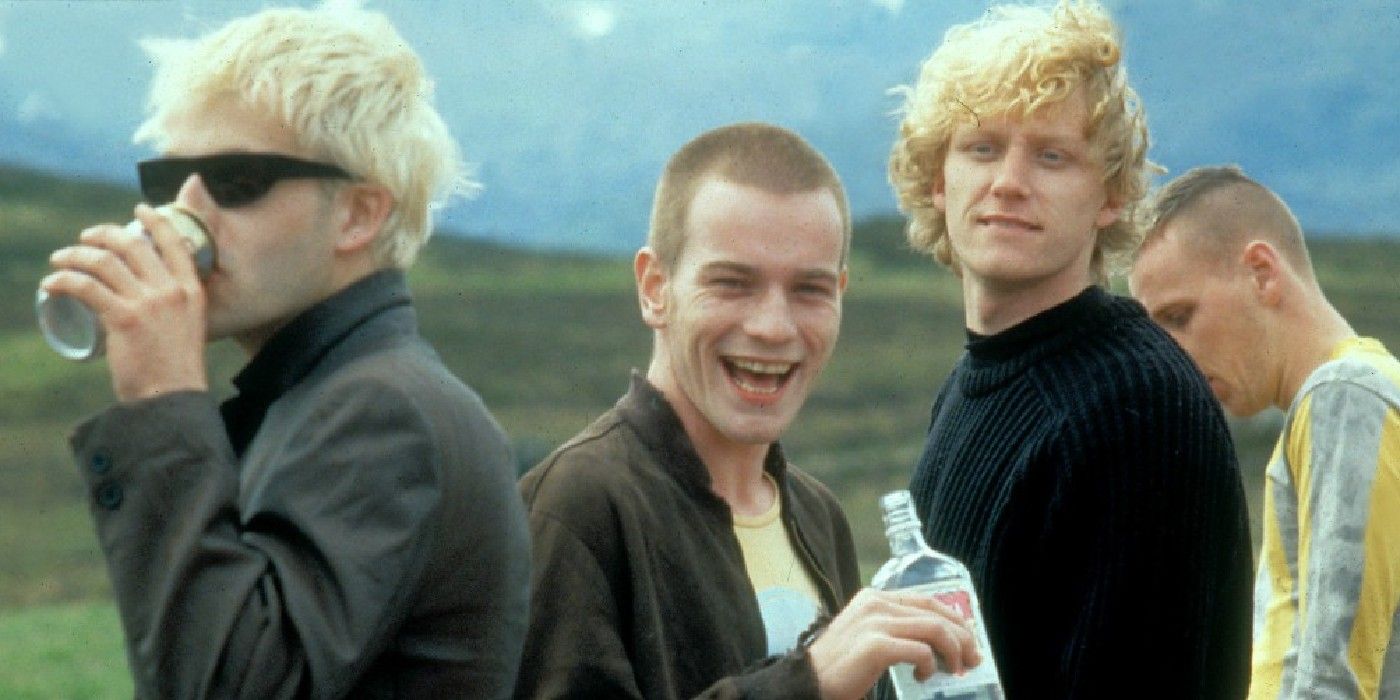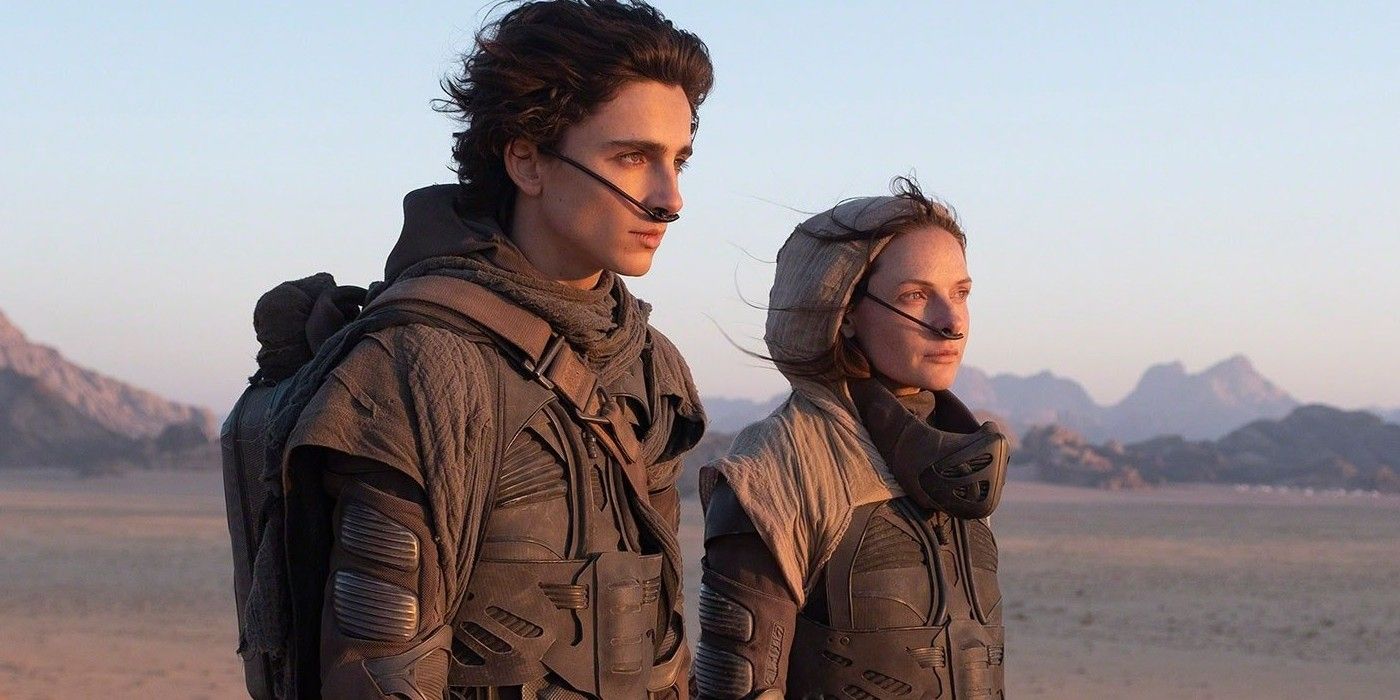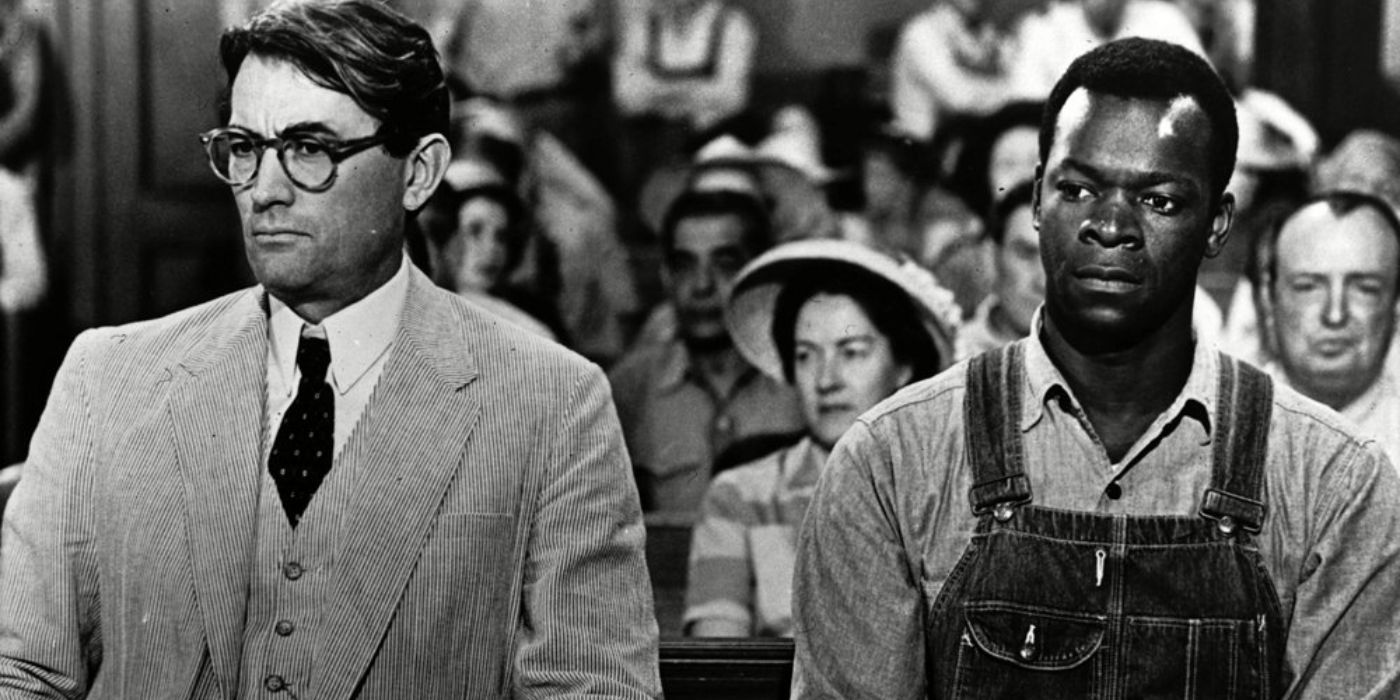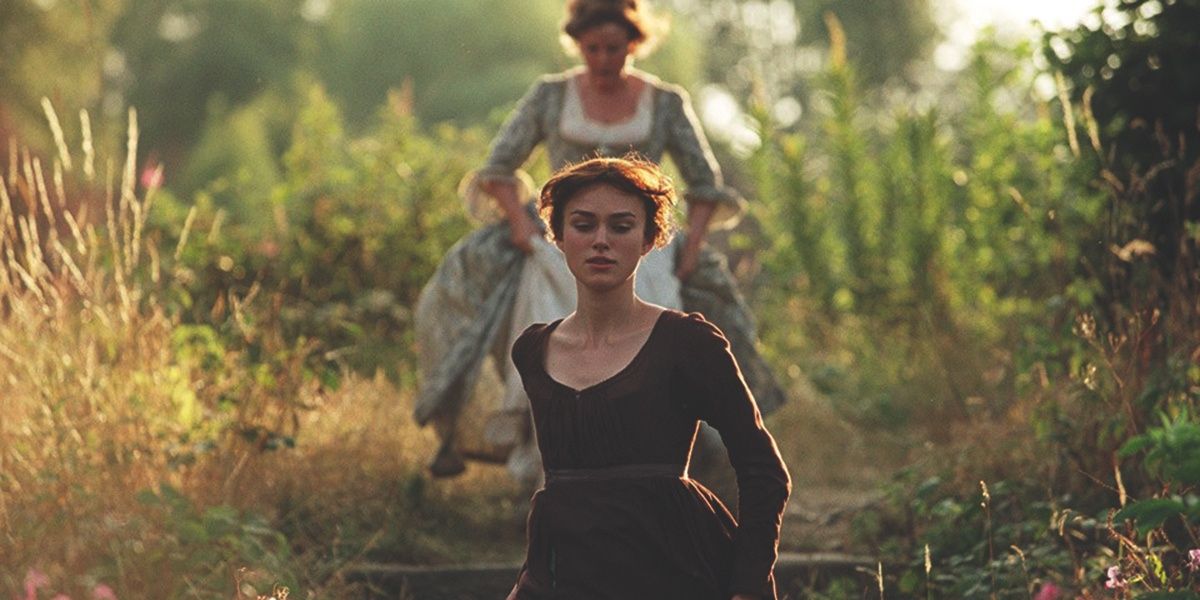Film adaptations of literature exist for a good reason — not only do they widen the range and magnitude of the author's vision, but they also allow non-readers to experience great stories. On the other hand, movies tend to curtail the narrative depth present in books, expunging plotlines and elements that might hinder the visual retelling process.
The line separating novels from their cinematic adaptations is extremely fuzzy; a slew of information is often lost in the no man's land between them. As such, several books are worth reading even after watching their movie versions, though they're technically extensions of the same universe.
10 The Color Purple Received Immense Praise And Won Alice Walker Several Awards
Alice Walker's "striking and consummately well-written novel" took the world by storm when it was first published in 1982. Though The Color Purple received immense praise from all quarters, it also suffered backlash due to its controversial elements, particularly for depicting queerness and female sexuality without restraint.
Spielberg adapted Walker's masterpiece in 1985, shattering the Hollywood stereotype that his talents were limited to profit-churning blockbusters. Critics applauded the film, calling it "a plea of respect for Black women." The film version of The Color Purple is as emotionally profound as the book.
9 Lolita Is Nothing Less Than The Pinnacle Of Literary Craftsmanship
Sculpting a movie from Vladimir Nabokov's visionary writing is a tremendous task for any filmmaker, including one as prodigious as Stanley Kubrick. Lolita was both a bestseller and a target for legal censorship, owing to its allegedly perverse content, but the book is nothing less than the pinnacle of literary craftsmanship.
Kubrick's 1962 adaptation involved Nabokov as the sole screenwriter, but the author's first draft was considered far too cumbersome for a movie. Although Lolita is "a peculiarly brilliant film," it doesn't hold a candle to the novel's synesthetic ingenuity.
8 The Help Draws Its Themes From The Real-Life Experiences Of Black People In The American South
Kathryn Stockett's The Help might be a work of historical fiction, but the stories and themes contained in the novel draw from the real-life experiences of Black people in the American South. An NYT book review referred to it as a "heartbreaking story," and that it was "a stunning debut from a gifted talent."
The Help was robustly translated for the big screen in 2011, supporting its narrative on the backs of a thoroughly talented cast. Viola Davis, Octavia Spencer, Cicely Tyson, and Jessica Chastain bring the visceral novel to life, even if the movie employs a relatively cheerful angle.
7 One Flew Over The Cuckoo's Nest Examines Society Through A Particularly Uncomfortable Perspective
Ken Kesey's One Flew Over the Cuckoo's Nest examines the uncomfortable fringes of society, viewed through an oft-neglected perspective — mentally ill individuals. The novel heavily condemns the horrific methods used by psychiatric hospitals to control and subjugate their patients without rejecting the value of psychological treatment.
Miloš Forman's 1975 attempt to decipher the socio-political undercurrents in Kesey's book turned out to be a cinematic triumph of monumental proportions. One Flew Over the Cuckoo's Nest ended up winning the Big Five Oscars and pretty much jumpstarted Jack Nicholson's career.
6 The Call Of The Wild Pushed The Boundaries Of American Literature Into Unexplored Territory
Jack London's legacy in the field of literature and social advocacy cannot be underestimated, but he's most famous for his nature-themed novels. The Call of the Wild is narrated from the viewpoint of Buck, a naive Scotch Collie-St. Bernard crossbreed whose lack of life experience is put to the test when he's abducted and forced into sled-work.
There have been multiple adaptations of London's pathbreaking novel, the most recent being Chris Sanders' 2020 feature film. Unlike the exquisitely written book, however, The Call of the Wild didn't survive critical scrutiny.
5 Chuck Palahniuk's Fight Club Is A Seminal Example Of The Absurdist Horror Genre
Chuck Palahniuk, a founding member of the absurdist horror genre, wrote Fight Club with the intention of building "a dazzling spectacle that's not meant to perpetuate or generate anything." The author strongly believes that "resolution is death" when it comes to artistry, a philosophy that director David Fincher borrows for his era-defining movie adaptation.
The 1999 film's conclusion is fundamentally different from the novel, but they both effectively analyze the imperceptible difference between male bonding and toxic masculinity. Fight Club is a whirlwind of conflicting motifs that expects its readers/viewers to interpret it for themselves.
4 Trainspotting Is A Mind-Melting Dose Of Reality With A Hefty Pinch Of Dark Comedy
Irvine Welsh's first book, Trainspotting, is designed as a series of interconnected short stories, each of which portrays the self-destructive lives of heroin addicts. The Sunday Times praised the cult novel as "the voice of punk, grown up, grown wiser, and grown eloquent," a perfect characterization of Trainspotting's impact on '90s society.
The 1996 film adaptation represents the same tenor as Welsh's work, "not for the faint of heart, but well worth viewing as a realistic... reminder of the horrors of drug use." Trainspotting is an abstract dissection of its subject matter — a cocktail of reality with a sprinkling of dark comedy.
3 Arthur C. Clarke Favorably Compared Frank Herbert's Dune With The Lord Of The Rings
Frank Herbert's Dune was the first-ever Nebula Award winner, not to mention one of the best-selling sci-fi books ever printed. The novel spawned a sprawling franchise composed of five canonical sequels as well as cinematic adaptations, most notably Alejandro Jodorowsky's failed project.
Denis Villeneuve's Dune (2021) navigates Herbert's universe with an astonishing degree of clarity and precision, even if the film minimizes the richness of the novel's sparkling mythos. Arthur C. Clarke likened the Dune cosmos to The Lord of the Rings, although Tolkien himself disapproved of the book "with some intensity."
2 To Kill A Mockingbird Sparked A Reactionary Firestorm That Catapulted Harper Lee To The Forefront Of Modern Literature
Harper Lee never believed that To Kill a Mockingbird would be an overnight sensation. Her novel eventually sparked a reactionary firestorm that was acclaimed by critics as much as it was panned by conservative detractors.
The book is included as compulsory reading for high school students in many states, illustrating the sheer breadth of its influence on American culture. Robert Mulligan directed the 1962 movie version; To Kill a Mockingbird won multiple prestigious awards, and Gregory Peck's performance as Atticus Finch earned widespread recognition.
1 Pride And Prejudice Is A Linchpin Of English Literature
Jane Austen left behind a luxurious literary legacy, molding the minds of readers for hundreds of years. Her most recognizable book, Pride and Prejudice, was criticized by contemporary writers, such as Charlotte Brontë. However, the novel has since become a linchpin of English literature, giving rise to countless adaptations in various forms and formats.
Pride and Prejudice (2005), starring Keira Knightley, accurately decodes Austen's trademark blend of romanticism and realism, achieving an incredible profit margin at the box office and garnering four Oscar nominations.

